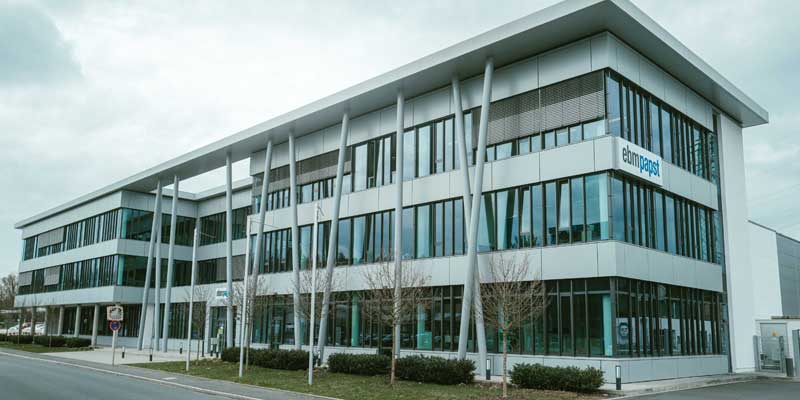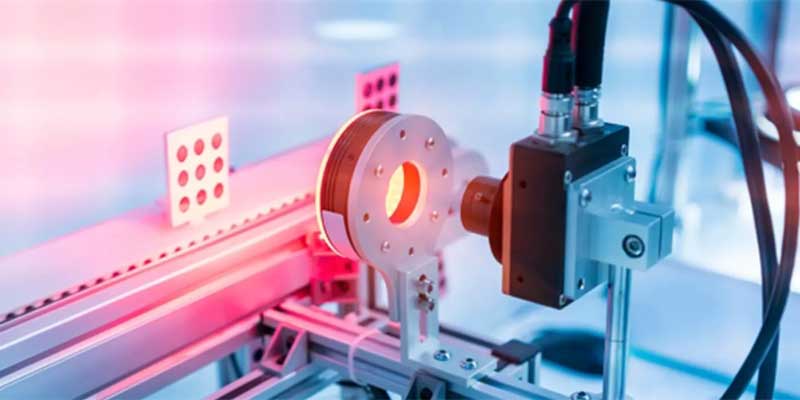Schedule a Call Back
R&D emerges as a cornerstone in the pursuit of green goals
 Interviews
Interviews- Jan 22,24

- Adoption of cleaner technologies and circular economies
- Leveraging data, technology, and Artificial Intelligence (AI) to optimize manufacturing processes
- Increased focus on collaboration for a sustainable future with governments, businesses (across the value chain), and other stakeholders
- Heightened focus on the use of sustainable modes of transportation for goods
- Use of sustainable raw materials
- Embedding sustainability in supply chain operations across the value chain
- Build organizational reputation by focusing on sustainability and green manufacturing as key differentiators, thereby creating a competitive advantage
- Ever-evolving customer perceptions and demands
- Improve efficiency: Achieve cost reduction by optimising processes, minimising overhead expenses and downtime
- Foster innovation in technology, design, business models, and policies that can create new markets, new products, new services, and new solutions for existing or emerging challenges
- Minimise environmental and social risks
- Enhance employee morale and worker safety
- Redirect focus on global competitiveness and profitability rather than relying on pricing and risk management.
- Significant upfront investment
- Lack of expertise in the adoption of sustainable manufacturing practices
- Limited access to technical knowledge
- Absence of a holistic approach to implementing sustainable manufacturing practices
- Managing supply chain complexities
- Resistance from employees
- Dynamic regulatory framework to encourage sustainable practices adoption
- Complex measuring and reporting practices
- Limited research for deploying used cases
- Invest in capacity building and training programs to build a skilled workforce capable of implementing green engineering practices
- Advocate and establish a clear policy and regulatory framework
- Promote collaboration with stakeholders, including suppliers, customers, and regulators, to develop a shared vision for sustainable manufacturing
- Leverage technological advancements to optimise efficiency, resilience, and use of natural resources
- Communicate the benefits of green engineering to employees, fostering understanding and support for the transition
Related Stories

Impact of Siemens’ new acquisition on industrial drive market
Siemens’ acquisition of ebm-papst’s industrial drive technology (IDT) business opens up wider global market access for these products, leveraging Siemens’ extensive global sales channels, says..
Read more
Robotics promises big productivity gains in auto industry: GlobalData
In a dynamic era of technological advancement, the automotive industry stands at the precipice of a revolution driven by robotics, as per GlobalData’s new research report, “Robotics in Automotiv..
Read more
Machine vision players opt for acquisition route for growth
While many new vendors are entering the machine vision market, global corporations are investing in acquiring technology and expertise in each of the machine vision component sectors, says Jonathan ..
Read moreRelated Products
Tata Motors unveils facilities for development of Hydrogen propulsion tech
Tata Motors, India?s largest automobile company, unveiled two state-of-the-art & new-age R&D facilities for meeting its mission of offering sustainable mobility solutions. The unveilings constitute of Read more
Tata Motors plans petrol powertrain for Harrier and Safari SUVs
Tata Motors is in the process of developing a new petrol powertrain for its premium sports utility vehicles, the Harrier and Safari, as confirmed by a senior company official. Currently, these models Read more

Electric Vehicle Charger
RRT Electro is engaged in manufacturing of customized Power Electronic Products over two decades having capability to Design, Develop, Prototyping, Regulatory Compliance testing & Certification, Manuf Read more














